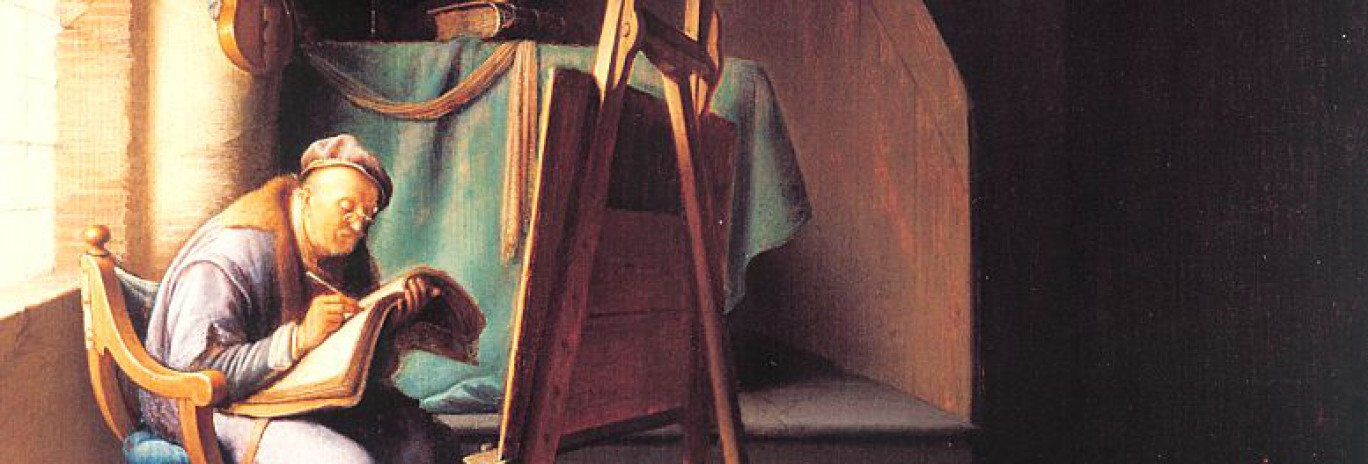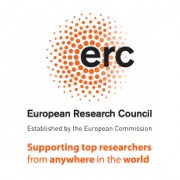News
Vacancy: 2 PhD Positions in (Technical) Art History (1.0 FTE)
2 PhD positions in (Technical) Art History
Utrecht University, Faculty of Humanities
Department of History and Art History
Fulltime: 38-40 hours/week
Application deadline: 10 April 2020
The PhD student will work within the research programme Dynamics of the Durable: A History of Durability in the Visual and Decorative Arts (DURARE). DURARE is funded by the European Research Council, by way of a Starting Grant awarded to principal investigator dr. Marjolijn Bol. DURARE will undertake the first comprehensive study of the impact of the artisan’s and patron’s ambitions to craft, own and theorize durable objects on the long-term development of the visual and decorative arts in the West. To understand the history of durability in art, this research programme asks how artisans explored ways to make art objects durable and what determined the desire of patrons to order and own durable art objects.
PhD Position 1:
Within the research programme, one PhD position is available for the project Recipes for Durable Splendor, before 1400. In the post-classical period, many arts are characterized by their common search for splendorous materials. Medieval artisans tried to create dazzling effects with two of the most durable materials found on earth – precious stones and metals – or hoped to imitate the optics and durability of these materials with visually similar materials. Painters and sculptors applied lustrous translucent colours and polished metals to wood; weavers and embroiderers used deeply saturated dyes and threads sparkling with gold, while glassmakers and enamellers tried to imbue glass with the colours of precious stones. The central problem of this PhD project is to investigate the relation between artistic practice and patronage through this search for durable splendor.
The project’s main sources will be historical recipes (and the historical reconstruction and reworking thereof) which detail how to prepare and make art materials and describe the procedures by which art is made. In addition, this PhD project will consider historical sources related to art patronage, including guild regulations, contracts, and other legal documents, and a selection of art objects to investigate the relations between artistic practice and patronage in the search for durable splendor.
PhD Position 2:
Within the research programme, one PhD position is available for the project Problems of Paint and Permanence, 1400-1750. The aim is to study how, between the fifteenth and the eighteenth centuries, the new value attributed to artistic skill changed the relationship between the perceived durability of the artwork and the materials by which it was produced. The new value placed on “artistic skill” could now strongly increase the wish to transform relatively fragile objects – paintings and drawings especially – into assets with permanence in collections, thus posing new challenges both for the artisan and the patron or collector.
The PhD candidate will chart how the rather brittle media of paints and their supports came to be worthy of endeavors to gain permanency in 3 ways. The project 1) studies the role of durability in so-called paragone debates of the Renaissance, in which one form of art (architecture, sculpture or painting) is argued to be superior to all others; 2) considers durability in art theoretical treatises and painter’s handbooks, manuals and other testimonies to their practice such as letters and journals; and 3) determines how durability and materiality were impacted by the rising importance of the art market and cultures of collecting, the steady decline of the guilds, and the rise of academies as institutions defining and dictating the nature of painterly production.
More information on qualifications and how to apply, go to: https://www.uu.nl/en/organisation/working-at-utrecht-university/jobs/2-phd-positions-in-technical-art-history-10-fte.
If you have any further questions, please contact the principal investigator, dr. Marjolijn Bol: m.a.h.bol@uu.nl.


